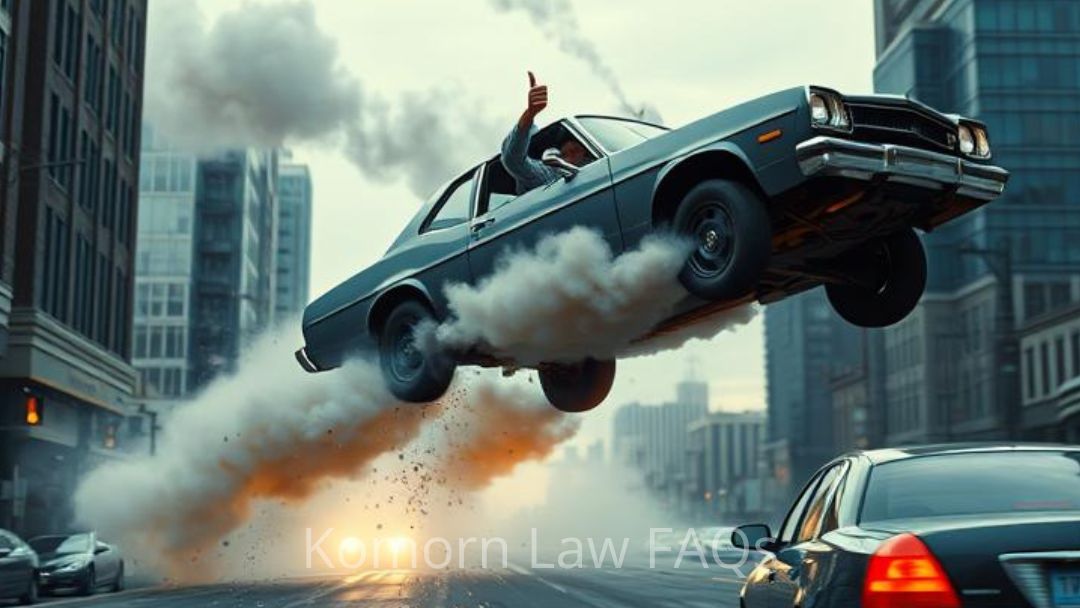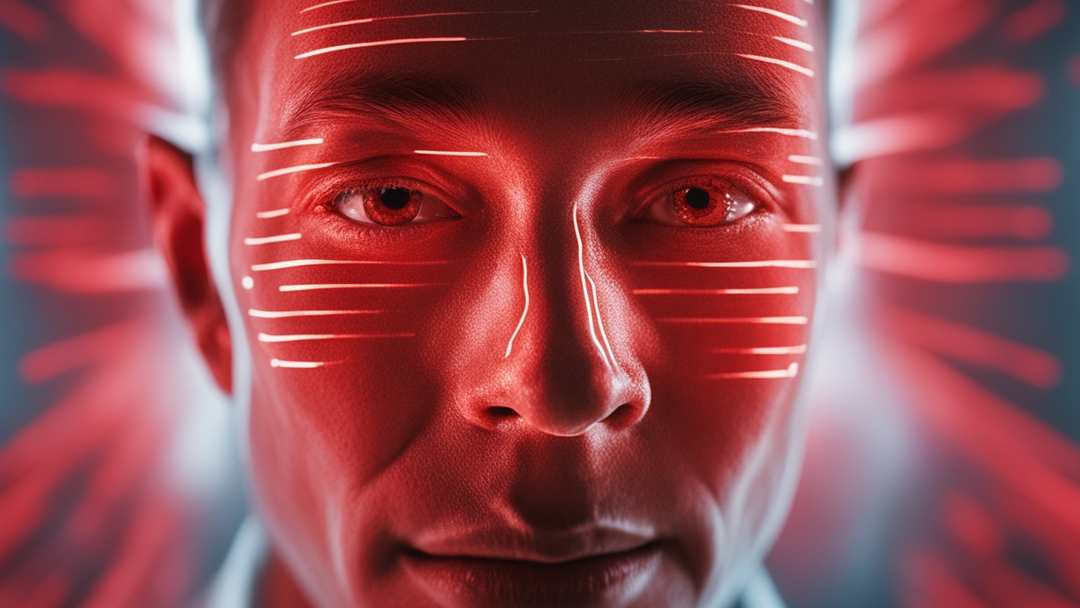Facial Recognition
How Technology Can Lead to Mistaken-Identity Arrests
Facial recognition technology has become increasingly prevalent in law enforcement, but its use raises critical questions about civil liberties and accuracy. One landmark case sheds light on the potential pitfalls of this technology and its impact on individuals’ rights.
The Robert Williams Case in Detroit
In 2020, Robert Williams, a Detroit resident, experienced firsthand the flaws of facial recognition technology. Falsely identified as a theft suspect, Williams was wrongfully arrested by the Detroit Police Department. His case marked the first publicized instance in the United States where facial recognition led to an erroneous arrest
The city of Detroit has agreed to compensate him $300,000 for being falsely accused of shoplifting and has committed to revising the use of facial recognition technology by the police to enhance crime-solving efforts.
As per a lawsuit settlement with Robert Williams, his driver’s license photo was mistakenly identified as a potential match to an individual captured on security footage at a Shinola watch store in 2018.
The agreement mandates that Detroit police will evaluate cases involving facial recognition technology from 2017 to 2023. Authorities will promptly notify a prosecutor if an arrest occurs without verifiable evidence.
Policy Changes and Safeguards
The fallout from Williams’s arrest prompted significant policy changes within the Detroit Police Department:
No Arrests Based Solely on Facial Recognition: Detroit police can no longer make arrests or conduct photo lineups based solely on facial recognition results. Instead, they must combine facial recognition leads with traditional investigative methods to verify suspects’ involvement in a crime.
Enhanced Training: Officers now undergo additional facial recognition training to improve accuracy and responsible use of the technology.
Transparency: The department must disclose when facial recognition technology was used to make an arrest. Additionally, they must acknowledge the technology’s limitations and potential for misidentification.
Civil Liberties: These changes aim to prevent future misidentifications and protect civil liberties. Deputy Chief Franklin Hayes emphasized that facial recognition remains a valuable tool for both solving cases and exonerating innocent individual.
A Concerning Trend
Since then, several other cases of wrongful arrests stemming from facial recognition technology have been uncovered, shedding light on a concerning trend.
Some cities have banned the technology altogether, while others lack comprehensive policies.
In the ever-changing landscape of technological advancements, finding the delicate balance between public safety and individual rights is paramount. The recent Robert Williams case serves as a poignant reminder that safeguarding civil liberties should always be the top priority in the realm of law enforcement technology.
And now for something completely different….
Michigan Law: False Report of Crime
According to MCL Section 750.411a, intentionally making a false report of a crime to law enforcement or emergency services is a crime. Depending on the severity, it can range from a misdemeanor to a felony.
For instance:
False report of a misdemeanor: Up to 93 days in jail or a $500 fine.
False report of a felony: Up to 4 years in prison or a $2,000 fine.
If the false report results in injury or death, the penalties escalate
Recent

Criminal Law FAQs – Traffic Offenses
Michigan Criminal Laws FAQs Traffic OffensesAccording to Michigan State Law (Michigan Compiled Laws - MCL), Traffic Offenses encompass a wide range of violations related to the operation of motor vehicles on public roads and highways. These offenses are primarily...

Criminal Law FAQs – Drunk and Disorderly
Michigan Criminal Laws FAQs Drunk and DisorderlyAccording to Michigan State Law (Michigan Compiled Laws - MCL), there isn't a specific statute that solely defines "Public Drunkenness" as a statewide criminal offense in the same way some other states might have a...
Other Articles
Do Students Have 4th Amendment Rights in Schools
Students and 4th Amendment RightsStudents are entitled to a right to be safe from unreasonable searches and seizures even within school premises, as ruled by the Supreme Court of the United States. However, these rights are somewhat limited for students, allowing...
Forfeiture Law: SCOTUS and Sixth Circuit Issue Landmark Rulings
Forfeiture Law in Focus: SCOTUS and Sixth Circuit Issue Landmark RulingsThe landscape of forfeiture law has been significantly shaped by recent decisions from the U.S. Supreme Court and the Sixth Circuit Court of Appeals. These rulings, in the cases of United States v...
When Can Your Silence Be Used Against You in a Legal Situation?
US Supreme Court - Salinas v. TexasWhen Can Silence Be Used Against You? In the realm of criminal law, the Fifth Amendment to the United States Constitution grants individuals critical protections, including the right to remain silent and the right against...
Supreme Court 8-1 Gun Possession Decision Changes Second Amendment
Supreme Court 8-1 Gun Possession Decision Changes Second Amendment Landscape Forever!Issue: Whether 18 U.S.C. 922(g)(1), the federal statute that prohibits a person from possessing a firearm if he has been convicted of “a crime punishable by imprisonment for a term...
















